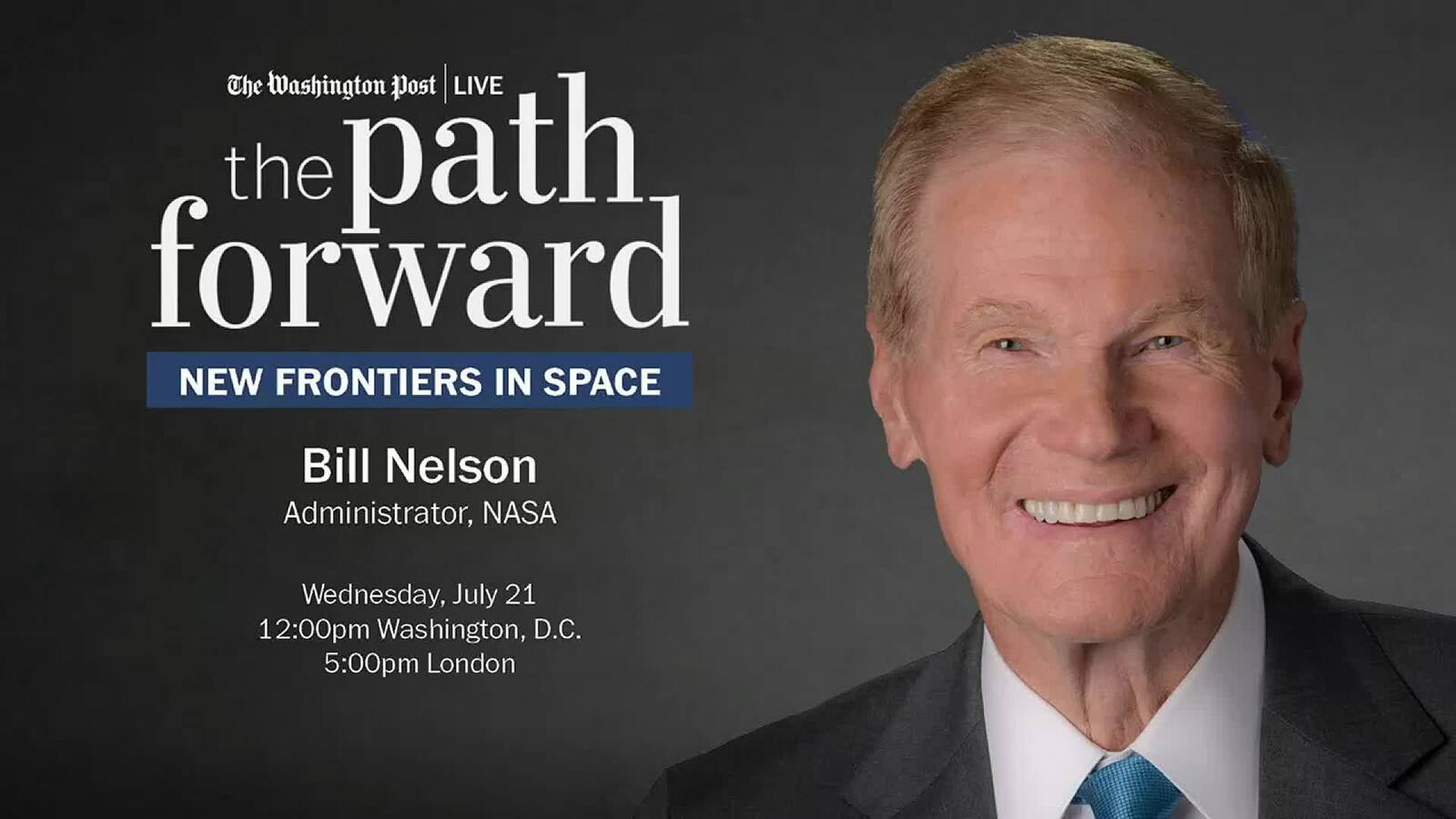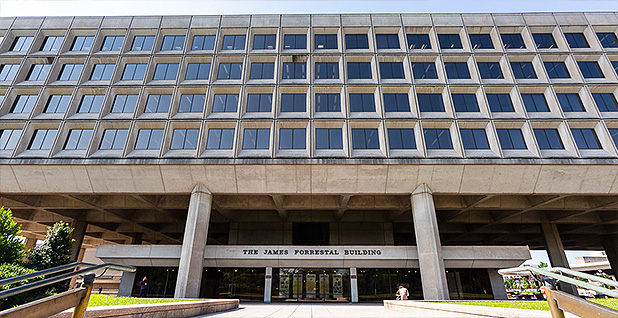The alarming trend of federal agencies pulling funding from crucial scientific literature is not just a financial decision; it is a direct assault on the integrity of public health and scientific research. As reported by Nature, key federal agencies, including NASA, the USDA, and the Department of Energy, have severed ties with Springer Nature, the publisher behind the prestigious Nature journal. This move comes on the heels of a politically charged climate that questions the validity of peer-reviewed scientific research.
Budget Cuts Disguise a Broader Anti-Science Movement
In a statement that echoes a troubling rhetoric, a spokesperson for the USDA articulated that subscriptions were canceled due to exorbitant costs, labeling the journals as "junk science." This dismissal of high-quality research raises serious concerns about the direction of our federal science policy. The statement from the Department of Health and Human Services (HHS) compounded these concerns, with Secretary Robert F. Kennedy Jr. suggesting that the government would pivot towards creating "in-house" journals, effectively narrowing the scope of scientific discourse.
Implications for Public Health Research
Access to top-tier scientific journals is essential for federal scientists tasked with advancing public health initiatives and responding to emerging health threats. As noted in a study, improved data access is crucial for enhancing healthcare delivery and fostering collaborations across agencies. Without access to reputable journals, federal scientists will struggle to stay informed about the latest research, which could hinder their ability to respond effectively to public health crises.
\n\n
The Path Forward: New Frontiers in Space
Political Influence on Scientific Freedom
The recent cuts signal a disturbing trend where political ideologies dictate scientific inquiry. Andrew Nixon from HHS stated that taxpayer dollars should not fund subscriptions to "unused" journals, yet this narrative conveniently ignores the role of these journals in disseminating critical findings that shape public health policy. The NIH, historically a leader in biomedical research, now faces suppression of scientific freedom, as echoed by an anonymous employee who highlighted the potential loss of freedom to pursue information where it exists.
Creating a Culture of Mistrust in Science
Secretary Kennedy"s accusations against established journals as being vessels for pharmaceutical propaganda resonate deeply with a growing anti-vaccine sentiment that undermines public health. His claims of a "global conspiracy" to profit from pharmaceutical sales reflect a dangerous ideology detached from scientific reality. This perspective not only jeopardizes the credibility of scientific research but also erodes public trust in health authorities, as citizens may be swayed by misinformation rather than evidence-based medicine.
\n\n
DOE confirms first employee case of coronavirus - E&E News by ...
The Path Forward Must Prioritize Equity in Science
The ramifications of these actions extend beyond the walls of federal agencies; they impact the entire landscape of public health research and equity. A well-informed populace relies on open access to scientific literature to make decisions about their health. The NIH"s public access policy, established in 2008, mandated that NIH-funded researchers submit manuscripts for public access, thereby promoting transparency and accountability in federally funded research. As reported, without a robust commitment to open access, we risk perpetuating inequities in healthcare access and information dissemination.
In this critical time for public health, it is imperative that we not only advocate for access to scientific literature but also challenge the political narratives that seek to undermine the very foundations of evidence-based medicine. The future of public health depends on our ability to protect and promote scientific integrity in the face of a growing anti-science agenda.



![[Video] Gunfire between Iraqi security forces and Sadr militias in Baghdad](/_next/image?url=%2Fapi%2Fimage%2Fthumbnails%2Fthumbnail-1768343508874-4redb-thumbnail.jpg&w=3840&q=75)
